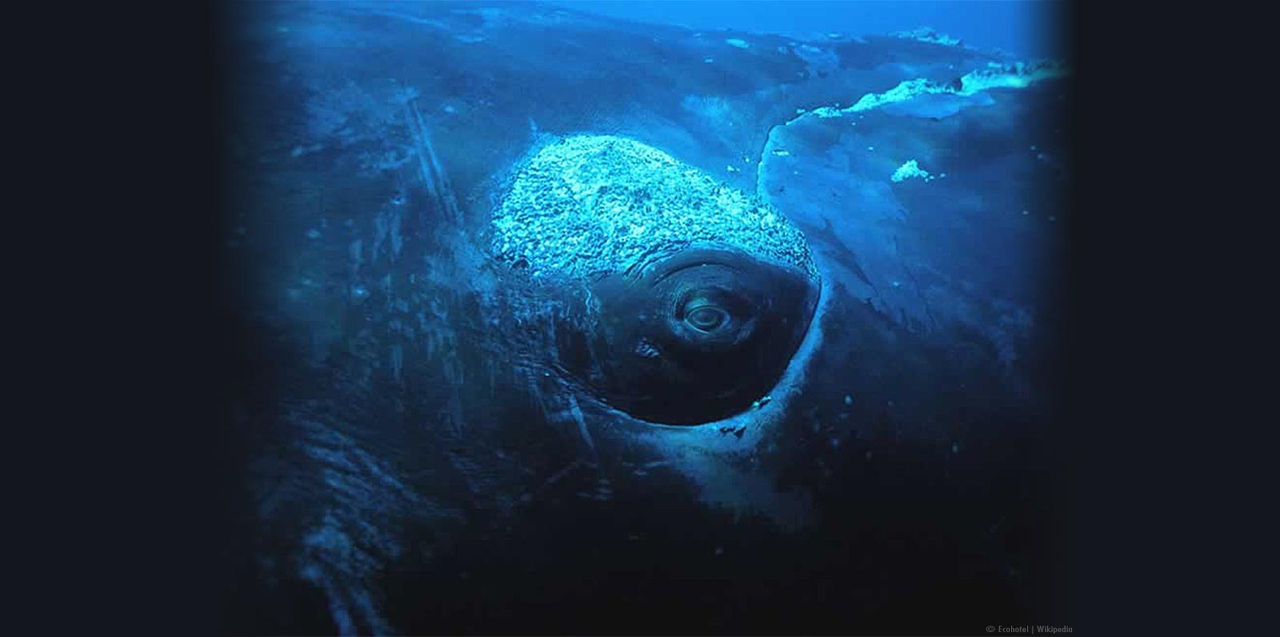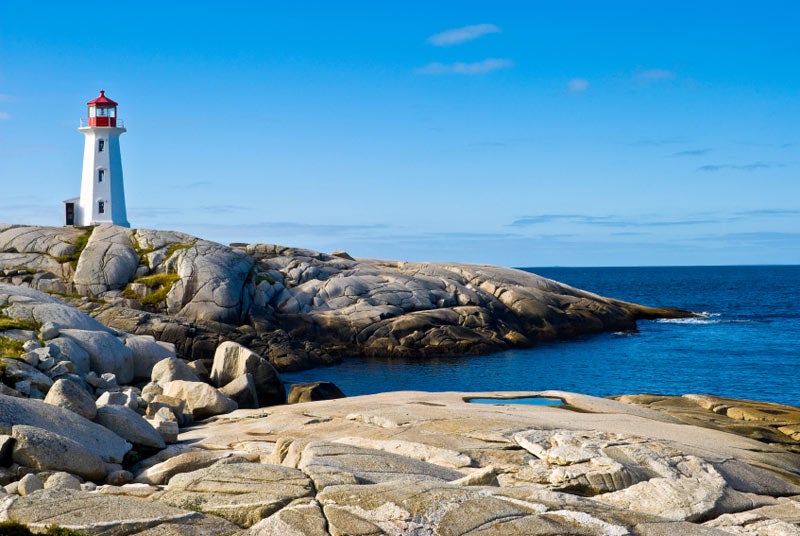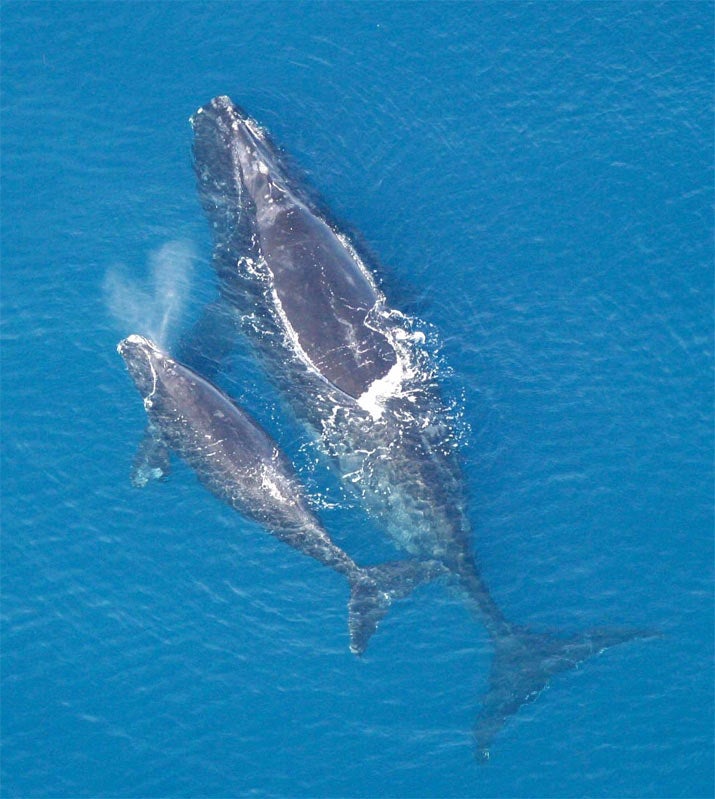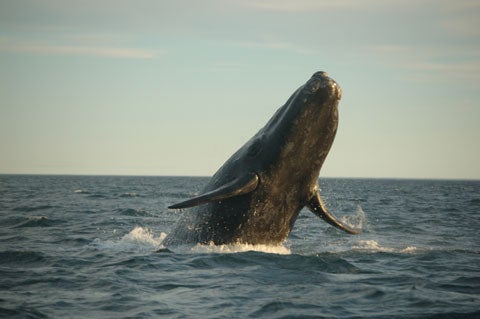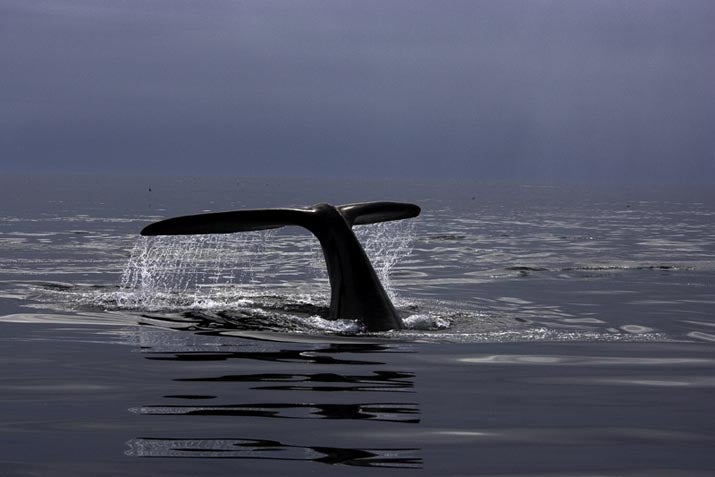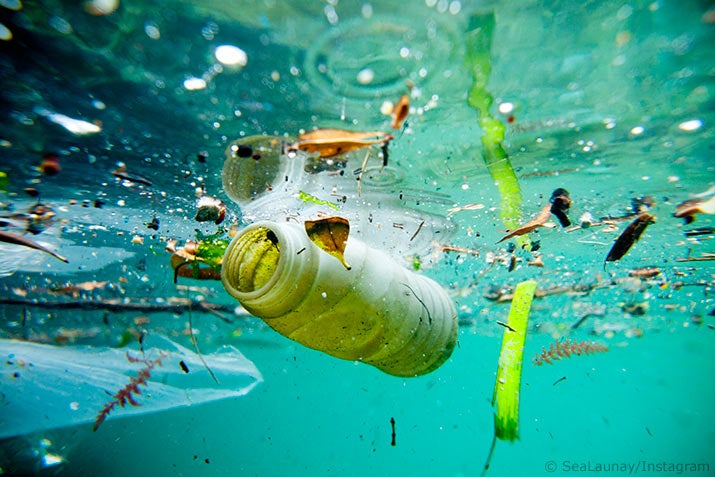Mar 29, 2018
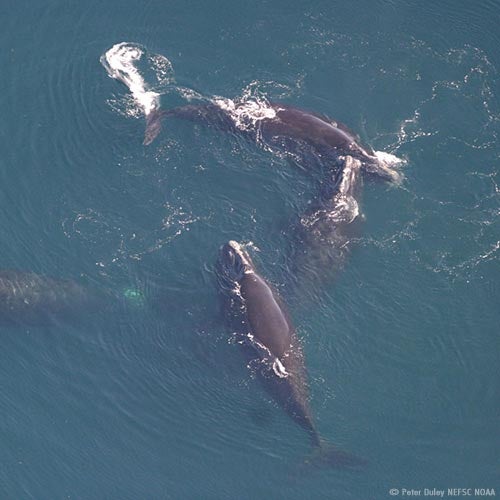
OTTAWA, , Mar. 29, 2018 - Canada now has an official marine mammal response program thanks to new federal funding and the continued and united efforts of the Canadian Wildlife Federation (CWF) and regional response networks in BC, Quebec and Atlantic Canada who make up the Canadian Marine Animal Response Alliance (CMARA).
CWF is pleased that the federal government is creating a new whale conservation program with increased support for Non-Government Organizations (NGO), and integration across Fisheries and Oceans Canada and other government departments.
The national Marine Mammal Response Program will support NGO specialists to respond, with the Fisheries and Oceans Canada, to all types of marine mammal incidents such as entangled, stranded, trapped or dead animals. This is an historic event as Canada has never had a formal Federal Program for responding to marine mammals incidents.
The Government of Canada is also commended for taking unprecedented action to conserve marine wildlife by implementing strong measures to protect right whales in the Gulf of St. Lawrence from ship strikes, and entanglement in commercial fishing gear.
While these actions are not a final solution and ongoing changes may be needed, CWF has long been advocating for these historic changes that will allow Canada to avoid causing harm to whales and other large marine wildlife, and to have the ability to respond and investigate when marine animals are in distress.
CWF is committed to continuing research on human effects on marine wildlife, advocating for changes that will reduce harmful activities, supporting our response specialists, and keeping Canadians informed about the importance of our marine wildlife and the work being done to conserve them.
Quick Facts:
- There are only about 450 Right Whales left in the world and only 100 are breeding females
- In 2017, 12 North Atlantic right whales died in the Gulf of St. Lawrence
- To date no new Right Whale calves have been seen this breeding season
Quotes:
CWF thanks the Canadian government for its unprecedented actions to reduce the harm to Right Whales, however, these marine mammals are present in other areas of Atlantic Canada so conservation efforts will ultimately need to be expanded. Other fisheries and other shipping areas will need to be involved. Scientists will also need ongoing support research to learn more about the movement patterns of Right Whales and to determine how human activities affect them.
CWF is pleased that the suspension of permission to disentangle right whales has ended.
Disentanglement is not a solution to entanglement, but it is critical that specialists have the capacity to disentangle whales when there is the opportunity. Human safety is the highest priority for the disentanglement specialists in this country.
CWF recognizes that adapting and incorporating these changes will be a challenge for the fisheries and shipping companies involved so cooperation is greatly appreciated.
While the Right Whale story is shocking, it is not the only whale population in need of our attention. Many other whale populations are also endangered in this country, including Blue, Fin, Sei, Beluga and Killer whales. In fact, if we don’t commit to preventing careless harm to marine wildlife by our activities in the oceans, it is likely other species will continue to decline as well.
~ Sean Brillant, CWF Senior Conservation Biologist - Marine Programs
Other highlights of the federal announcement:
- The crab fishery in the southern Gulf of St. Lawrence will have a number of changes including early starting and ending of the season, a reduction in traps compared to 2017, and areas that will be closed to fishing.
- The shipping industry will have speed restrictions for vessels transiting the Gulf. These will put in place starting in late-April. Possibly sooner if whales are sighted.
- There will be enhanced surveillance throughout the Gulf of St. Lawrence over the next few months.
- The government also indicated that other measures may be imposed depending on the location and movement of right whales
- Excluding fishing from areas where whales are present, and reducing the speed limits of large vessels transiting through these areas, are each expected to significantly reduce the risk of harming whales.
Associated Links:
- Read more about the federal government announcement
- Learn more about the Canadian Marine Animal Response Alliance
- Follow the drones searching for right whales in the North Atlantic
- Watch CWF and Hinterland Who’s Who Right Whale video
- Download CWF ocean educational resources
- For more information visit CanadianWildlifeFederation.ca.
About the Canadian Wildlife Federation:
The Canadian Wildlife Federation is dedicated to fostering awareness and appreciation of our natural world. By spreading knowledge of human impacts on the environment, conducting research, taking action to conserve habitat and wildlife, recommending legislative and policy changes, and co-operating with like-minded partners, CWF encourages a future in which Canadians can live in harmony with nature. Visit CanadianWildlifeFederation.ca for more information.
-30-
Contacts:
Sean Brillant,
Senior Conservation Biologist - Marine Programs
seanb@cwf-fcf.org
(902) 237-9692
Heather Robison
Media Relations Officer
(306)550-6340
heatherr@cwf-fcf.org
Pam Logan
Director of Communications
(613)222-1405
pamelal@cwf-fcf.org

Learn More
- 0
- 1
- 2
- 3
- 4
- 5
